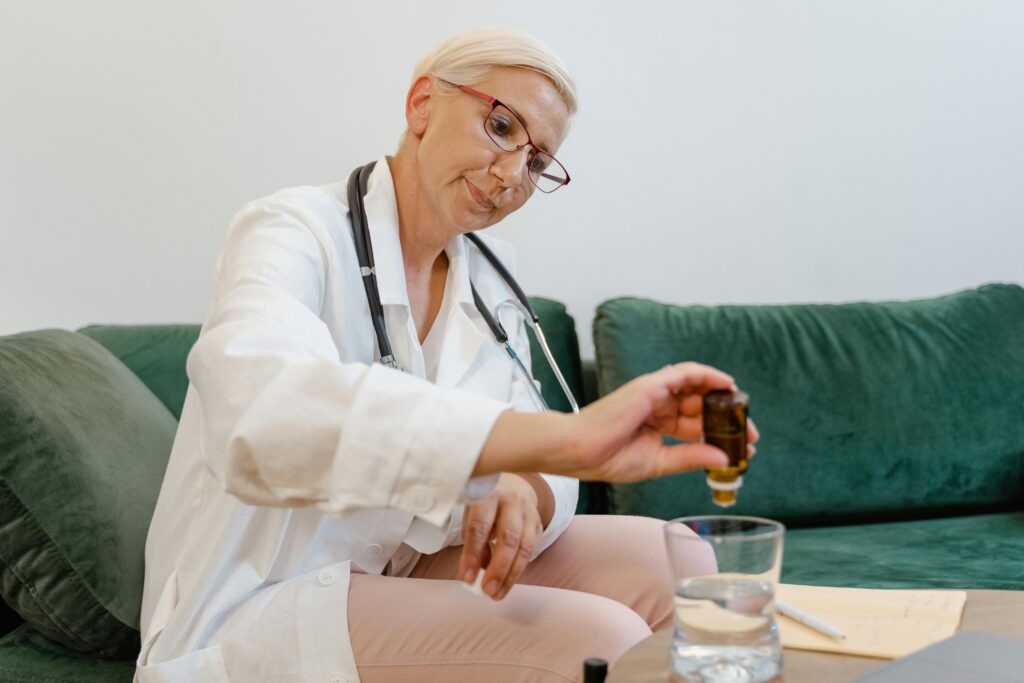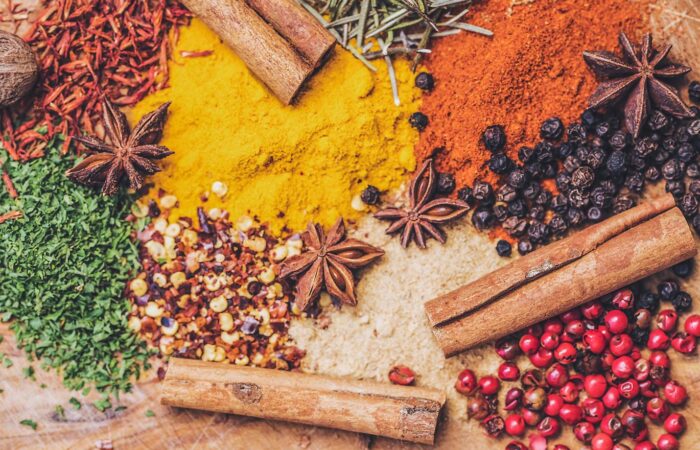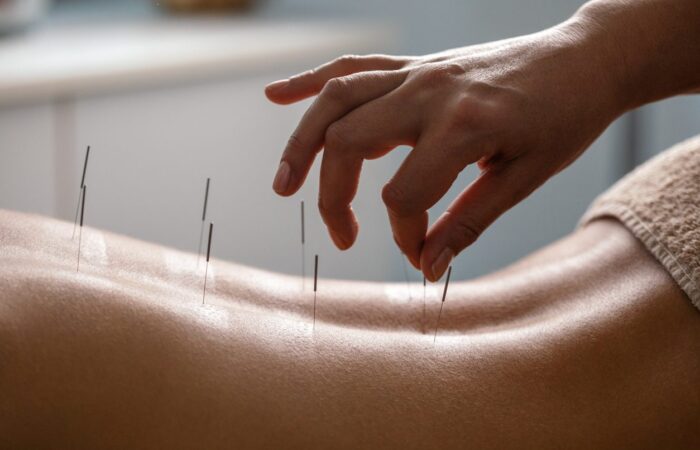Homeopathy is one of the most polarizing forms of alternative medicine. Praised by millions of adherents and practitioners around the world and simultaneously dismissed by much of the scientific community, homeopathy raises compelling questions about the nature of healing, the role of belief, and the boundaries of medicine. With its roots in 18th-century Europe, homeopathy has persisted—flourished even—despite repeated challenges from researchers and skeptics. But is it a miracle modality misunderstood by science, or simply the placebo effect dressed in Latin?
This blog explores the origins, principles, controversies, and potential of homeopathy in modern healthcare.
The Origins of Homeopathy
Homeopathy was developed in the late 1700s by German physician Samuel Hahnemann. Disillusioned with the harsh medical treatments of his day—such as bloodletting and mercury purges—Hahnemann sought a gentler, more rational approach to healing. His breakthrough came while translating a medical text describing the use of cinchona bark (source of quinine) for malaria. Intrigued, he self-administered the substance and experienced malaria-like symptoms, which led him to formulate his central theory: “Like cures like.”
Core Principles of Homeopathy
Homeopathy is based on three foundational principles:
- The Law of Similars: A substance that causes symptoms in a healthy person can, in minute doses, treat similar symptoms in a sick person.
- The Law of Infinitesimals: The more a substance is diluted, the more potent its healing effect. Dilutions often go beyond the point where any molecules of the original substance remain.
- Individualized Treatment: Each person is treated as a unique case. Two patients with the same diagnosis may receive completely different remedies based on their physical, emotional, and psychological symptoms.
Homeopathic remedies are prepared through a process called succussion, which involves repeated dilution and vigorous shaking. The final solution is usually administered in the form of sugar pellets, tinctures, or tablets.

What Homeopathy Is—and Isn’t
Contrary to popular belief, homeopathy is not the same as herbal medicine, naturopathy, or traditional Chinese medicine. It does not rely on biochemical effects, nutritional components, or physical manipulation. Instead, it claims to work on an energetic level, using the “memory” of substances in water to stimulate the body’s natural healing response.
This concept, while central to homeopathy, is a key point of contention with conventional science.
Homeopathy in Practice
Homeopathic treatment begins with an in-depth consultation, often lasting 60–90 minutes. The practitioner explores not just the physical symptoms, but the patient’s emotional state, lifestyle, fears, dreams, and even preferences for temperature or food.
From this holistic portrait, a single remedy is chosen from a catalog of more than 3,000 options. Common remedies include:
- Arnica montana: for bruising, trauma, and shock
- Nux vomica: for indigestion, hangovers, and irritability
- Ignatia: for grief, emotional distress, and hysteria
- Rhus toxicodendron: for joint stiffness that improves with movement
Dosing depends on the individual and the remedy’s potency (e.g., 6C, 30C, 200C), which refers to how many times it has been diluted and succussed.

Evidence and Efficacy: What Does Science Say?
The scientific consensus on homeopathy is stark: most rigorous reviews, including those by the UK’s House of Commons, Australia’s National Health and Medical Research Council, and the Cochrane Collaboration, have concluded that homeopathy performs no better than a placebo.
Critics argue that:
- Ultra-diluted remedies contain no measurable molecules of the original substance.
- No plausible mechanism of action has been identified.
- Positive studies tend to be small, poorly designed, or statistically insignificant.
Despite this, proponents point to a large body of anecdotal evidence, observational studies, and case reports suggesting real-world efficacy. Meta-analyses occasionally show a small but significant effect, which believers argue merits further investigation.
The Placebo Effect: A Double-Edged Sword?
Much of the perceived success of homeopathy may be explained by the placebo effect—a powerful psychological and physiological phenomenon where belief in treatment triggers real improvement.
But is this necessarily a bad thing? In chronic and psychosomatic conditions where conventional medicine offers limited relief, a well-crafted placebo response can improve quality of life. Homeopathy’s emphasis on patient-centered care, time-intensive consultations, and empathetic listening may itself be therapeutic.
If the placebo effect can alleviate suffering with minimal risk, some argue, why dismiss it?
Safety and Regulation
One reason for homeopathy’s ongoing popularity is its excellent safety profile. Remedies are highly diluted and generally free from side effects, drug interactions, or toxicity.
However, there are concerns:
- Patients may delay or forgo essential conventional treatments in favor of homeopathy.
- The sale of unregulated remedies without clinical support can be misleading or dangerous in serious conditions.
Regulation varies widely. In the U.S., the FDA does not require homeopathic products to prove efficacy before being sold, although labeling must not be deceptive. In the EU, homeopathy is more tightly regulated, with some countries integrating it into national healthcare systems.

Cultural and Global Perspectives
Homeopathy is widely practiced in India, where it is recognized by the government and integrated into healthcare. Homeopathic colleges, hospitals, and research centers are funded at the national level.
In Europe, particularly in France, Germany, and the UK, it retains popularity among both consumers and some healthcare providers, despite regulatory scrutiny. Latin America also shows growing interest, with practitioners offering homeopathy alongside herbal or energy medicine.
In the U.S., homeopathy is often associated with holistic or integrative health practices and has a dedicated, if niche, following.
Homeopathy vs. Evidence-Based Medicine
The debate around homeopathy underscores a broader philosophical divide:
- Conventional medicine demands measurable, reproducible evidence and often dismisses subjective experiences as anecdotal.
- Homeopathy values the individual experience, intuition, and the subtle dynamics of healing that may not conform to double-blind trials.
Bridging this divide requires humility on both sides. Critics must acknowledge the limits of current scientific paradigms in explaining all phenomena. Supporters of homeopathy must engage with evidence standards and avoid making unfounded claims.
Should You Try Homeopathy?
The decision is personal. If you’re dealing with chronic issues like insomnia, stress, migraines, or allergies—and especially if you’ve exhausted conventional options—homeopathy might offer support. But it should be approached with informed caution.
Best practices include:
- Choosing a certified, experienced homeopath
- Using remedies alongside—not instead of—necessary medical treatments
- Staying informed about possible placebo effects and setting realistic expectations
Whether homeopathy is truly potent or primarily placebo, its staying power across centuries suggests it fulfills a need that conventional medicine sometimes overlooks: the need to feel seen, heard, and cared for.
In a world of rushed appointments and impersonal prescriptions, the gentle art of homeopathy invites us to reconsider the very meaning of healing—not as a war against disease, but as a journey toward balance, vitality, and self-awareness.




